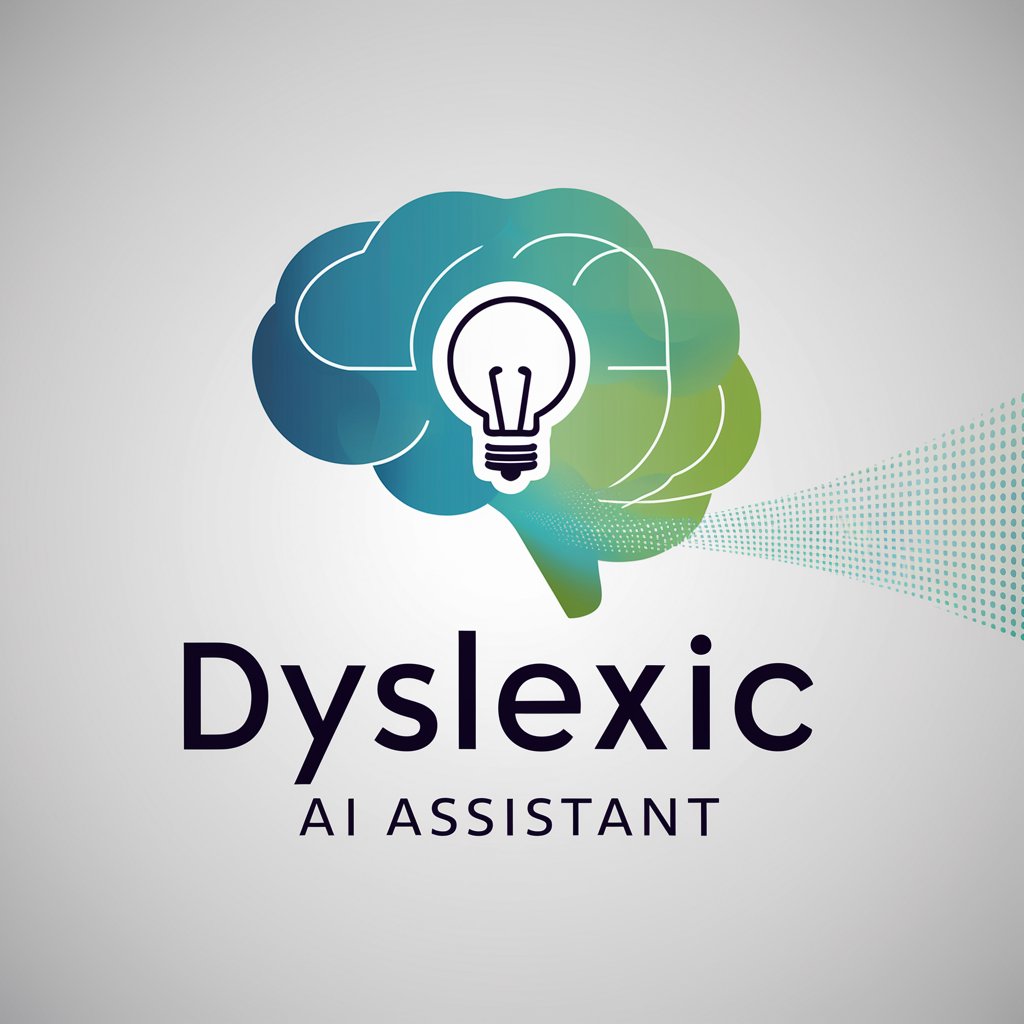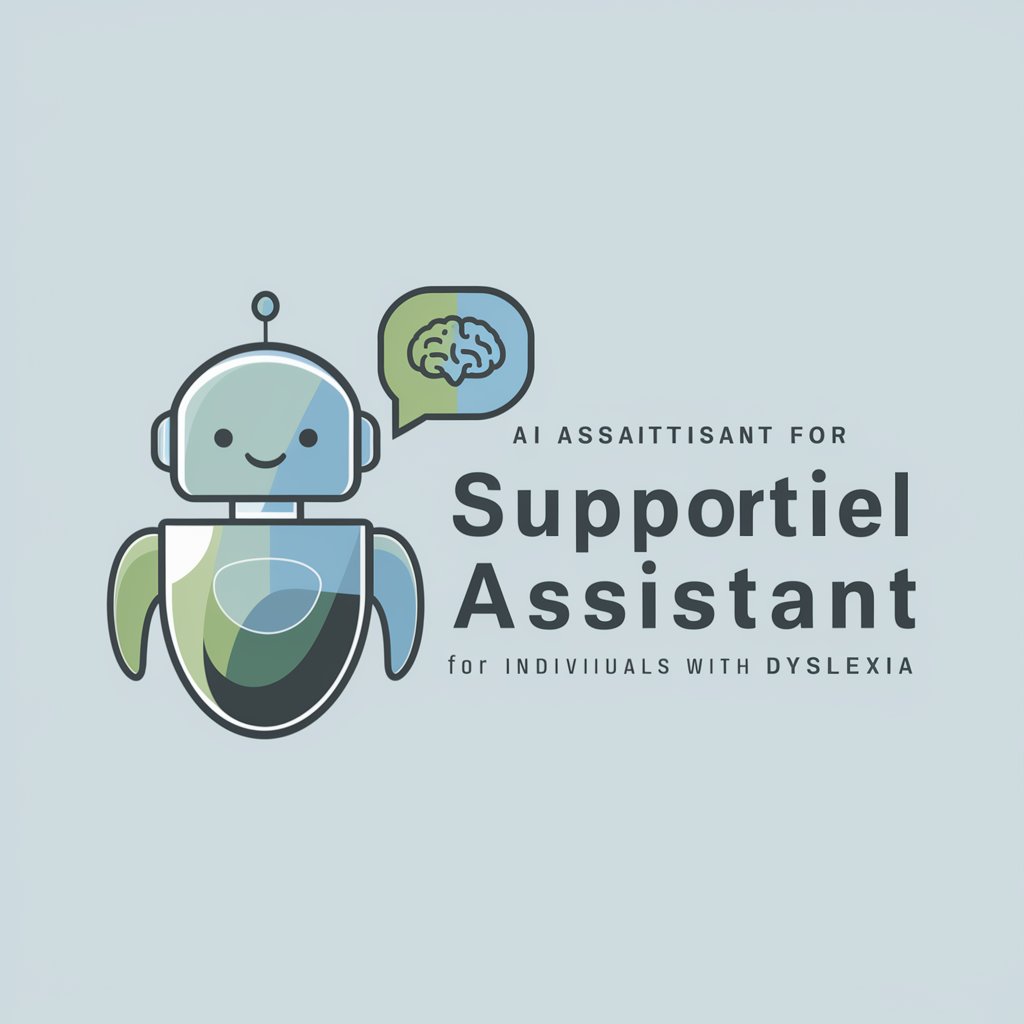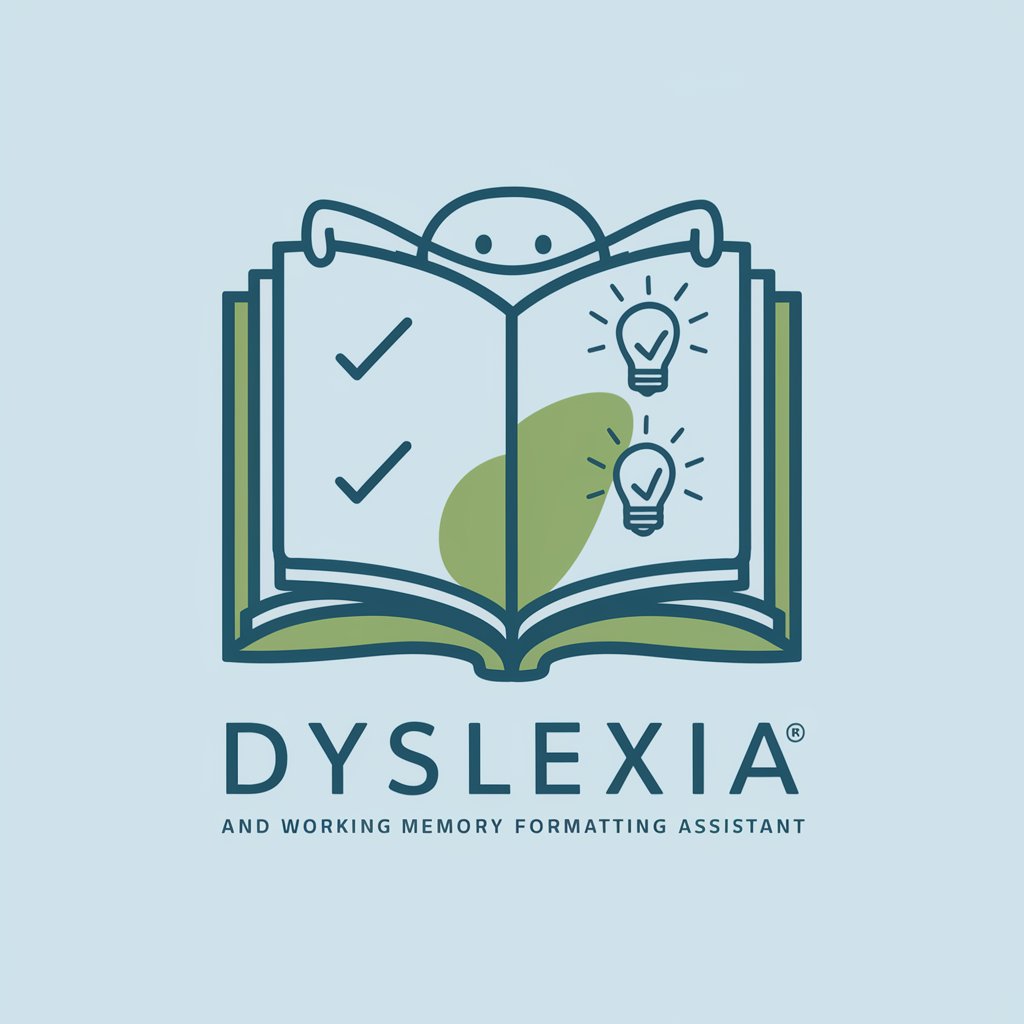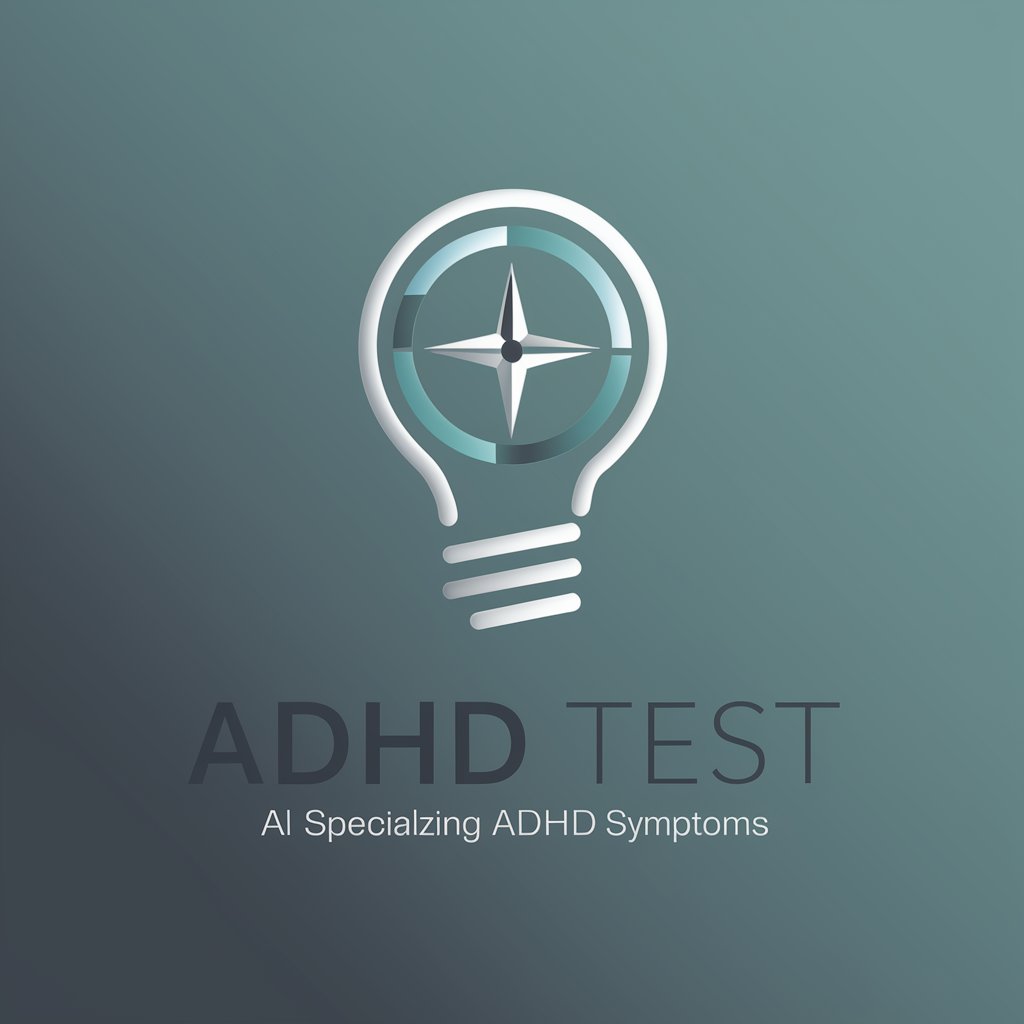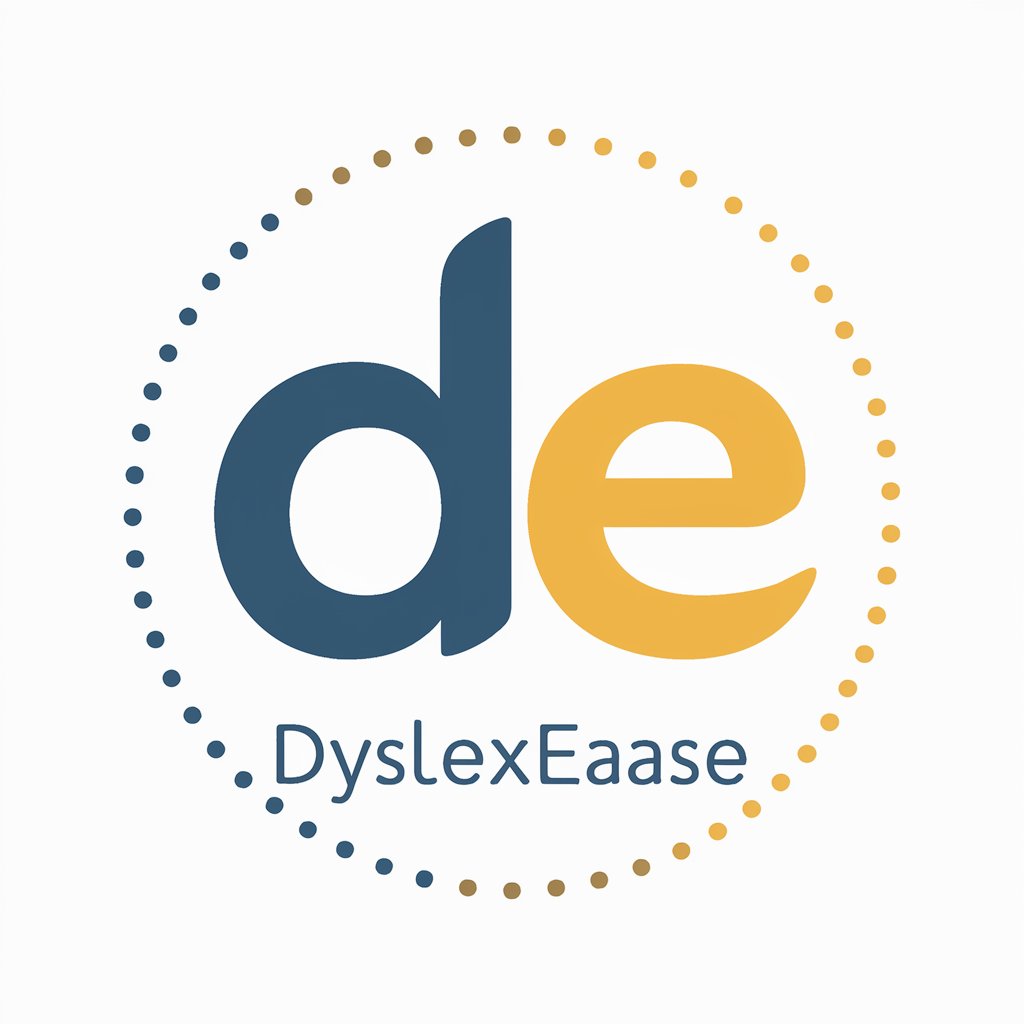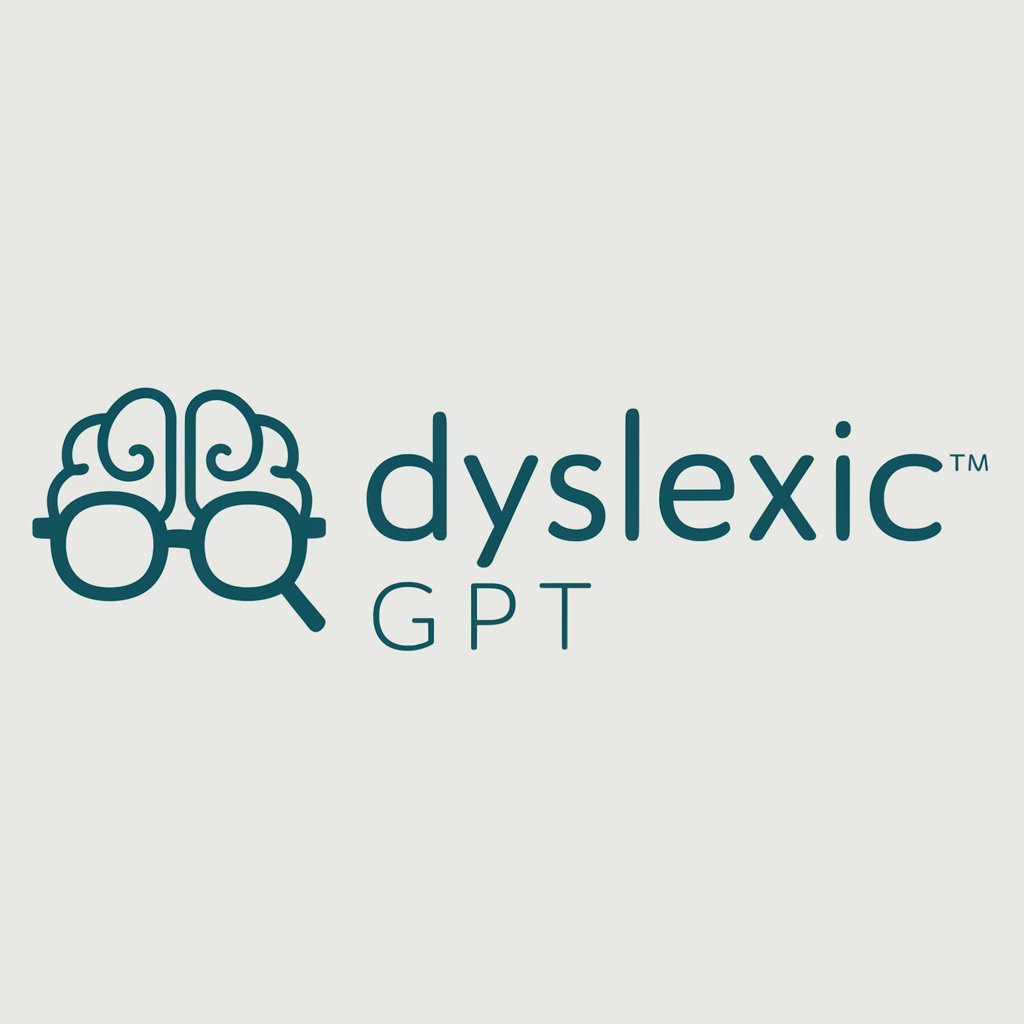
Dyslexia Test - Preliminary Dyslexia Screening
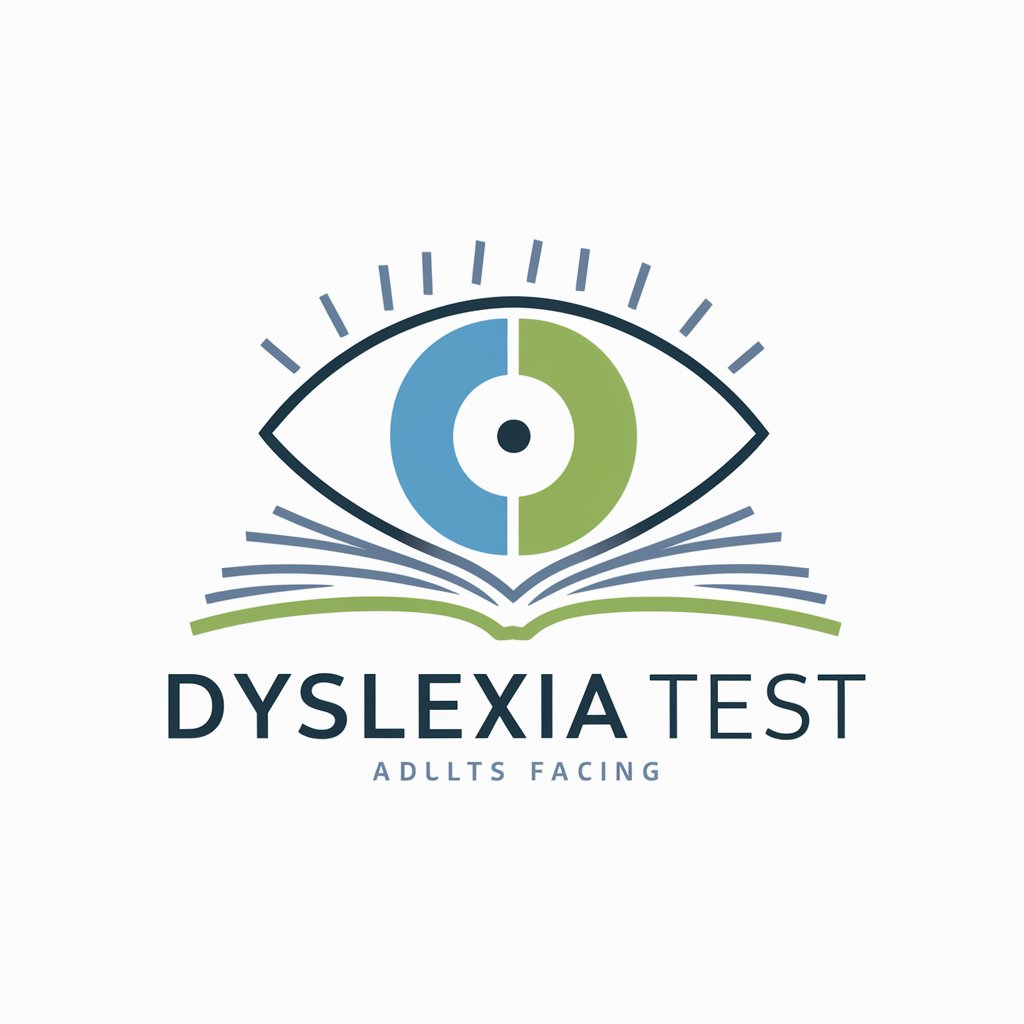
Hello! I'm here to help screen for dyslexia in adults.
Empower your learning journey with AI-powered dyslexia screening.
Can you describe any difficulties you have with reading?
How do you manage tasks that involve writing?
Have you experienced challenges with spelling words?
Do you find it hard to follow written instructions?
Get Embed Code
Introduction to Dyslexia Test
Dyslexia Test is designed as a preliminary screening tool to help identify adults who may be experiencing dyslexic-type challenges. It leverages an uploaded Adult Dyslexia Screening Checklist to guide interactions with users. This tool is not a diagnostic instrument but rather a first step in recognizing the potential presence of dyslexia, encouraging users to seek professional evaluation for a definitive diagnosis. For example, a user might answer questions regarding difficulties in reading, writing, or organizing thoughts, and based on their responses, Dyslexia Test can provide an initial assessment of the likelihood of dyslexia. Powered by ChatGPT-4o。

Main Functions of Dyslexia Test
Screening for Dyslexic-Type Challenges
Example
Asking users about their experiences with mixing up visually similar words or having difficulty organizing thoughts on paper.
Scenario
An adult who struggles with reading and writing tasks uses the tool to understand if their challenges align with dyslexic-type problems.
Preliminary Assessment
Example
Based on the checklist responses, providing a preliminary assessment indicating the likelihood of dyslexia.
Scenario
After completing the checklist, a user receives an assessment suggesting signs consistent with mild dyslexia, guiding them towards professional evaluation.
Guidance Towards Professional Help
Example
Recommending users to seek a full diagnostic assessment from educational psychologists or specialists if their checklist scores suggest dyslexia.
Scenario
A user scores within a range indicating moderate dyslexia, prompting Dyslexia Test to advise seeking a comprehensive diagnostic assessment.
Ideal Users of Dyslexia Test Services
Adults Suspecting Dyslexia
Individuals who have faced reading, writing, or organizational challenges throughout their lives without a clear understanding or diagnosis. These users benefit from a preliminary screening that could guide them towards seeking professional help.
Educational Professionals
Teachers, tutors, or educational consultants looking for tools to help identify students who may benefit from further assessment for dyslexia. They can use the tool as a first step in supporting their students' educational needs.
Human Resources Professionals
HR personnel aiming to support employees who might be struggling with tasks due to undiagnosed dyslexia. They can recommend the Dyslexia Test as part of workplace accommodations and support services.

How to Use the Dyslexia Test
Start Your Journey
Begin by accessing yeschat.ai for a complimentary trial, no registration or ChatGPT Plus subscription necessary.
Understand the Tool
Familiarize yourself with the tool's purpose: to offer preliminary screening for dyslexia in adults using a structured checklist.
Complete the Checklist
Proceed through the Adult Dyslexia Screening Checklist, answering questions honestly based on your experiences with reading, writing, and other related tasks.
Review Your Score
Upon completion, calculate your total score to understand the likelihood of dyslexia. Scores are categorized to suggest the absence of dyslexia, mild dyslexia, or moderate to severe dyslexia.
Seek Further Evaluation
For conclusive diagnosis, consider professional evaluation. Use your results as a basis for discussion with healthcare professionals.
Try other advanced and practical GPTs
iPhone Cover Crafter
Design Your Dream iPhone Cover with AI

Highway Code Helper
Navigate the roads safely with AI-powered UK Highway Code insights.

Banner Image Generator
Craft Perfect Banners with AI
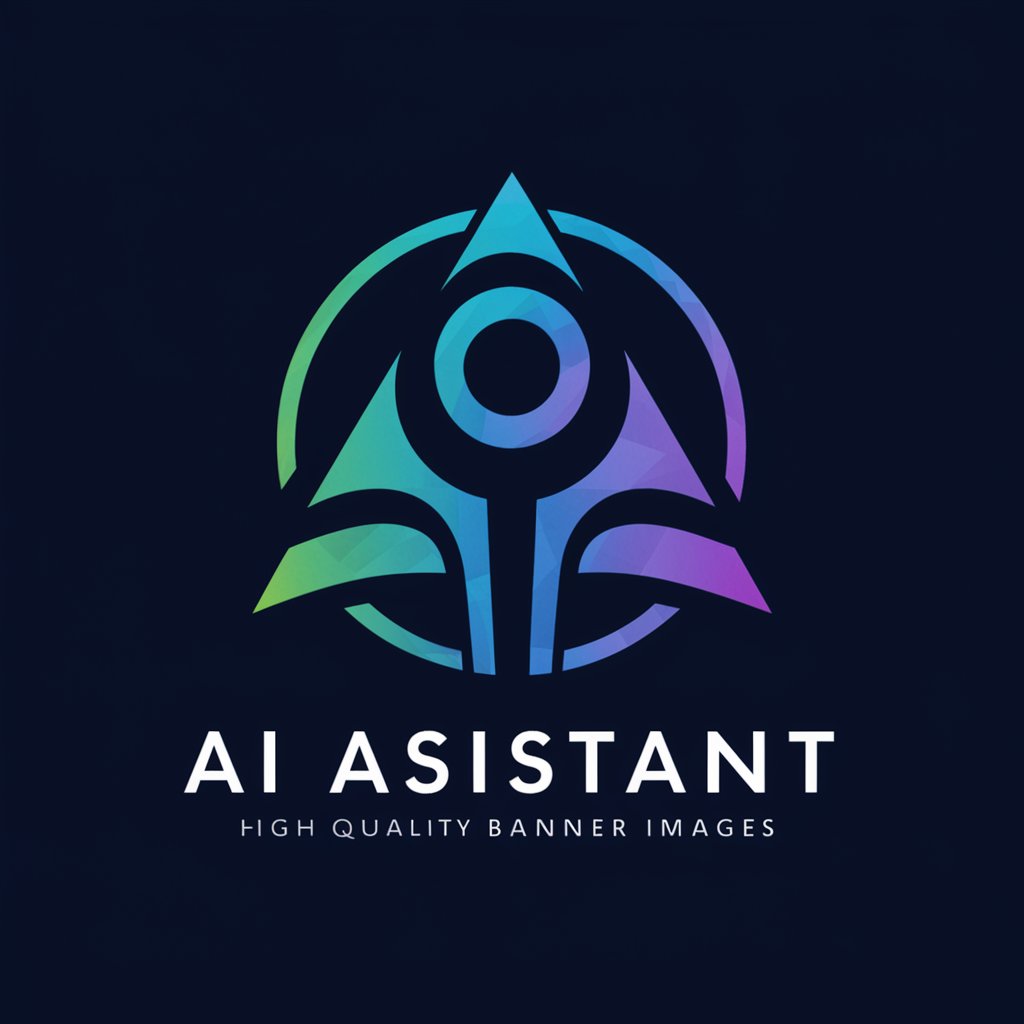
CXempatique
Empowering Customer Connections with AI
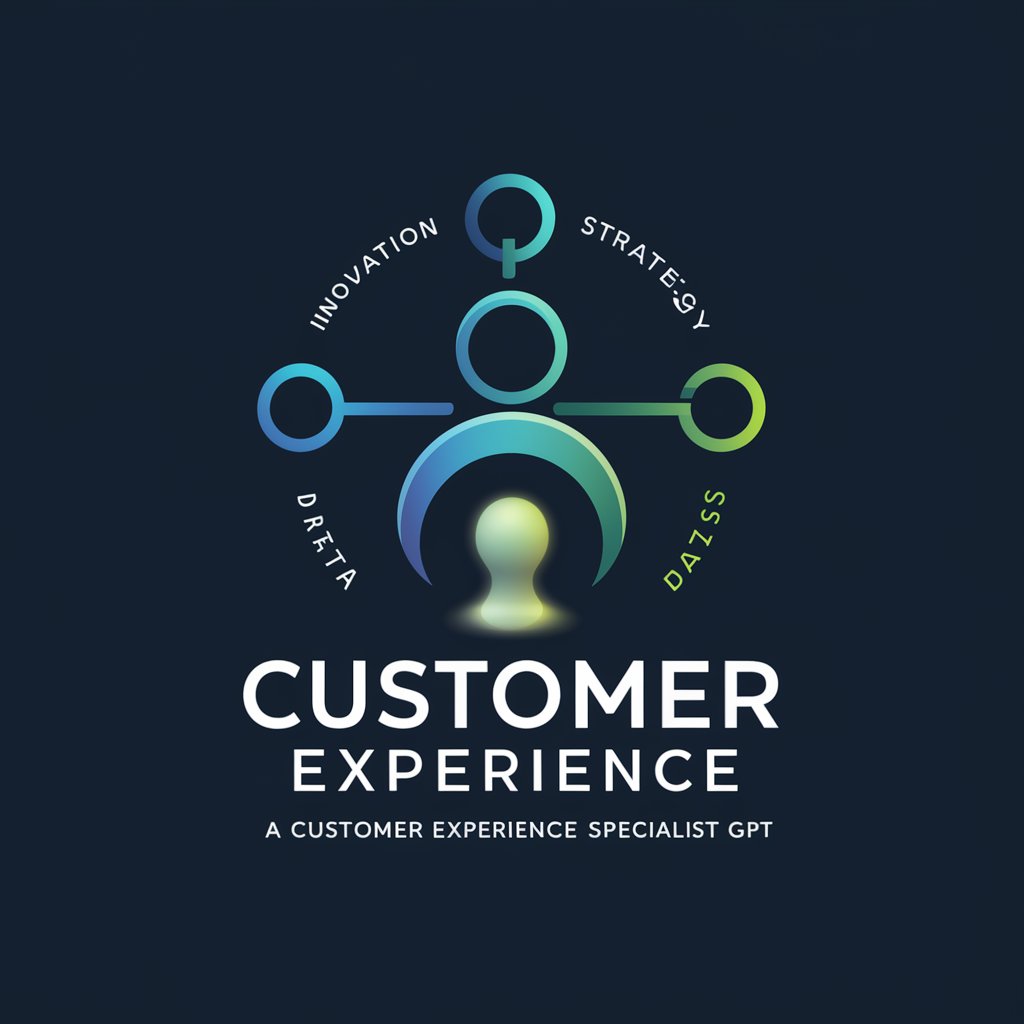
Web Design Assistant Rick
Empowering your design, powered by AI.
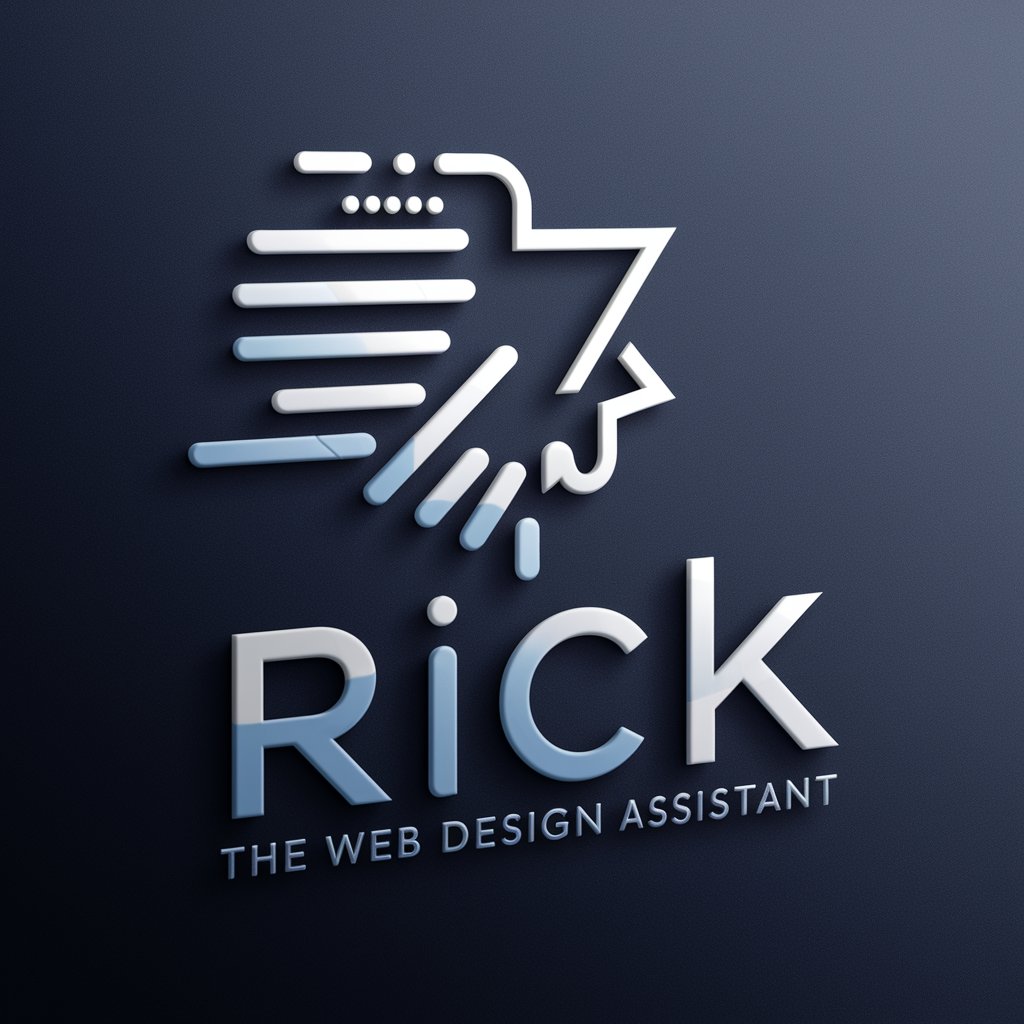
Petbook
Turn pet antics into storybook magic.
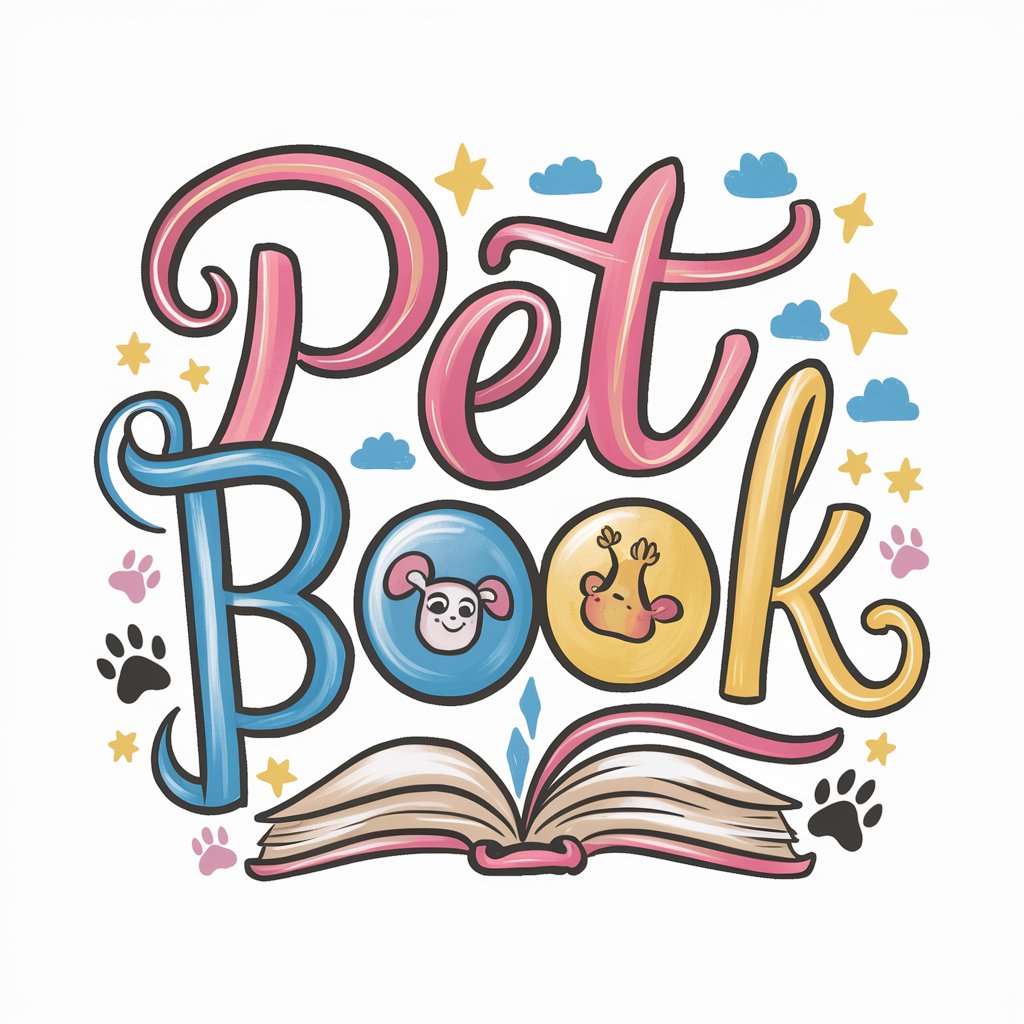
Real Estate Chat Coach - Axerine
Sharpen Your Real Estate Negotiation Skills

天才AI研究者・酒井の秘書
Empowering research with AI expertise
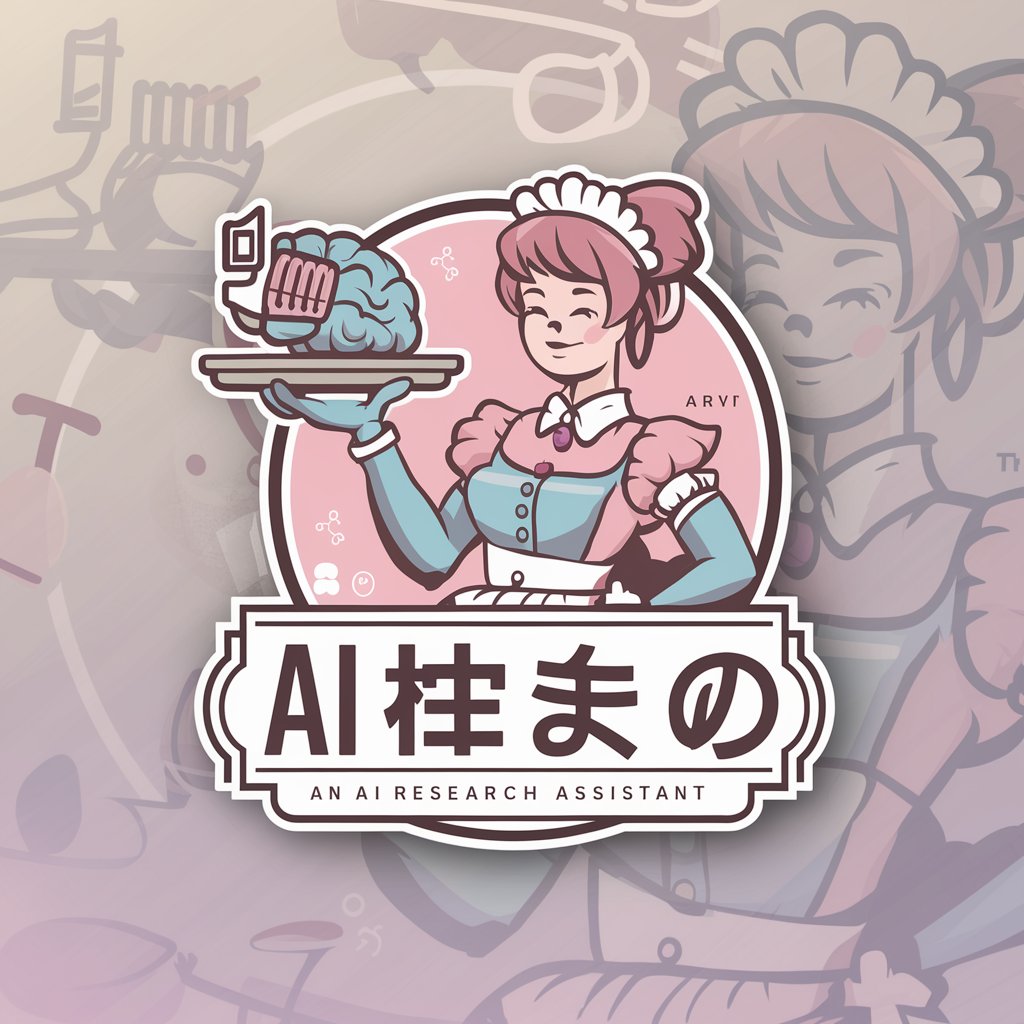
Parenting Assistant
Empowering parents with AI-driven advice

InfoWise Assistant
Your AI-Powered Expert Guide

Tax Savvy Exchange
AI-powered Tax Assistance
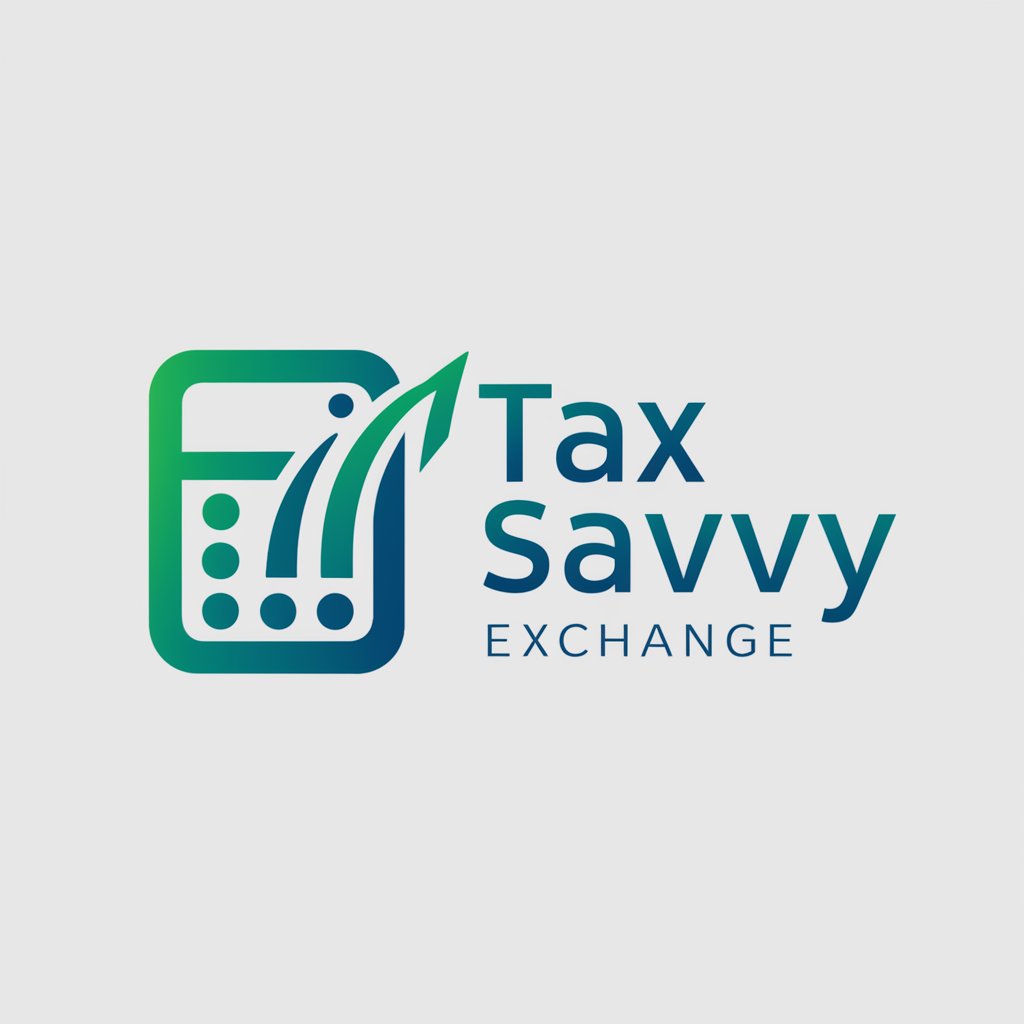
Article Generator - Pensy AI
Empowering Words with AI
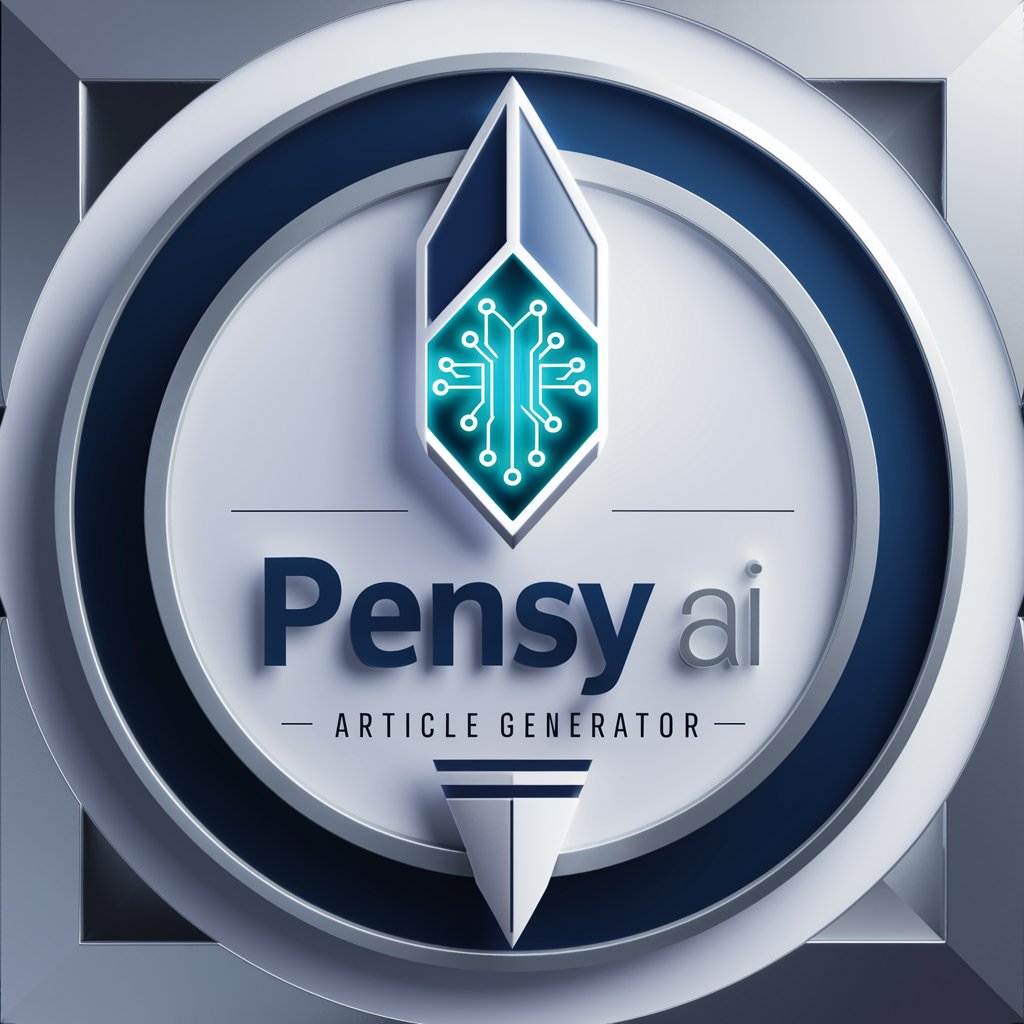
Questions and Answers about the Dyslexia Test
What is the Dyslexia Test?
The Dyslexia Test is a screening tool designed to help adults identify potential signs of dyslexia through a series of questions related to reading, writing, and other cognitive tasks.
How accurate is the Dyslexia Test?
While the test provides a preliminary indication based on the Adult Dyslexia Screening Checklist, it is not a substitute for a professional diagnosis. Results should be used as a guide for further evaluation.
Can I take the test more than once?
Yes, you can take the test multiple times to monitor any changes over time. However, significant variations in scores should prompt professional assessment.
What should I do after taking the test?
Review your score and consider the suggested category of dyslexia likelihood. Regardless of the outcome, if you experience challenges related to reading and writing, seeking professional advice is recommended.
How can the Dyslexia Test help me?
The test can provide insight into potential dyslexic tendencies, serving as a starting point for further investigation and discussion with healthcare or educational professionals.
